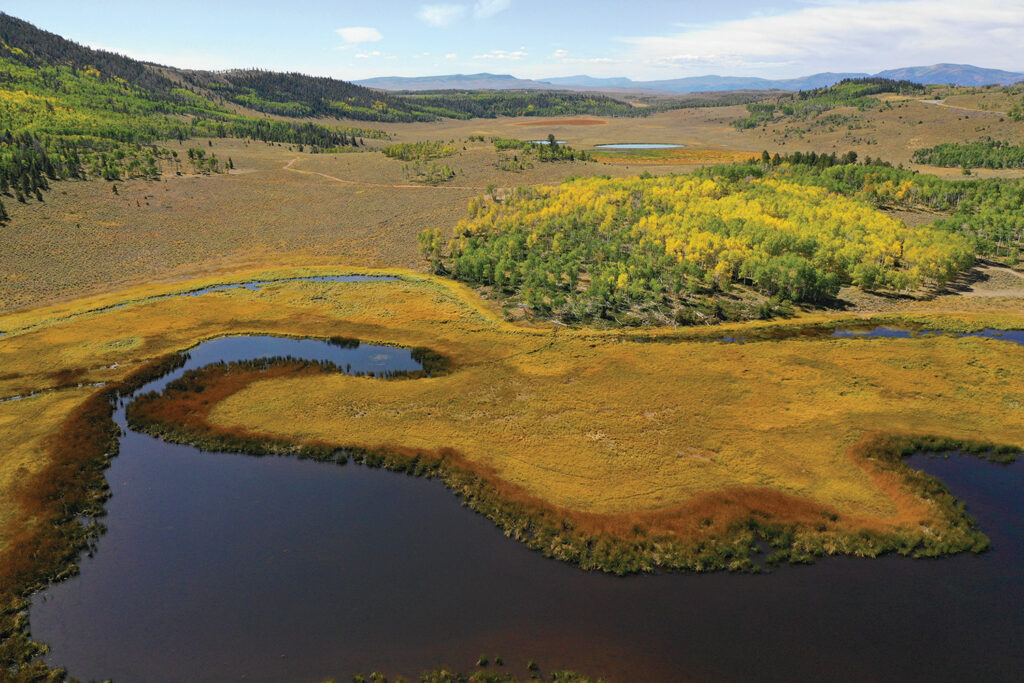If you were to visit the Great Basin and Colorado Plateau a thousand years ago, you’d find similar warm, dry conditions as today. So you might expect to see the same type of wildfires now common in the West—infrequent, gigantic, and devastating. But a study led by the U paints a different story. Researchers looked at environmental and archaeological data in Utah’s Fish Lake Plateau, shown here. The evidence indicates that the Fremont people living in the area set small, frequent fires to support crop growth. This “cultural burning” cut down the amount of fuel in the landscape, lowering the risk of large-scale wildfires.
“The Fremont likely created long-lasting legacies on the Fish Lake Plateau through their cultural burning,” says lead study author Vachel Carter BS’07 MS’10 PhD’16, postdoctoral research assistant at the U. “Moving forward, more ‘good fire,’ like prescribed fire, will be needed to mitigate against wildfire risk.”




Comments
Comments are moderated, so there may be a slight delay. Those that are off-topic or deemed inappropriate may not be posted. Your email address will not be published. Required fields are marked with an asterisk (*).